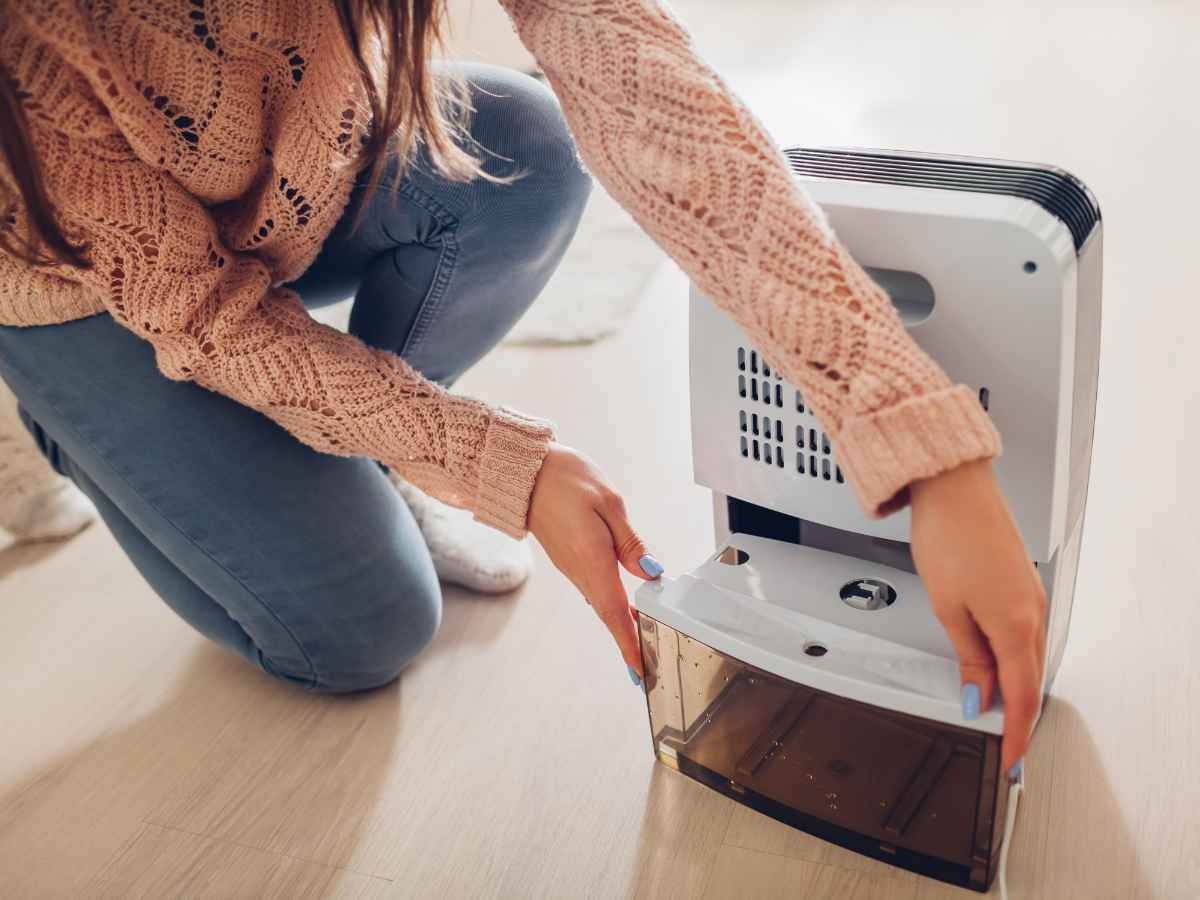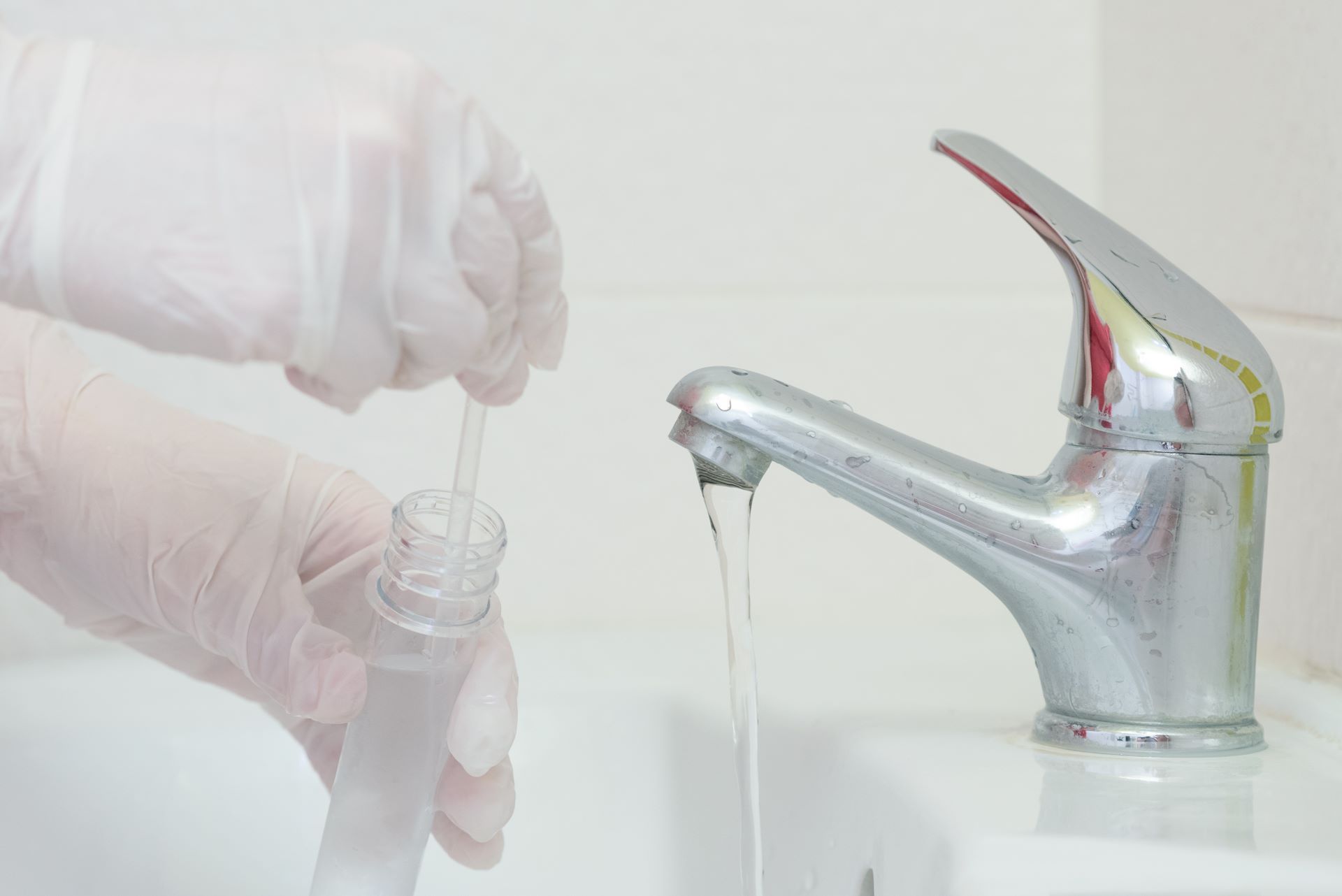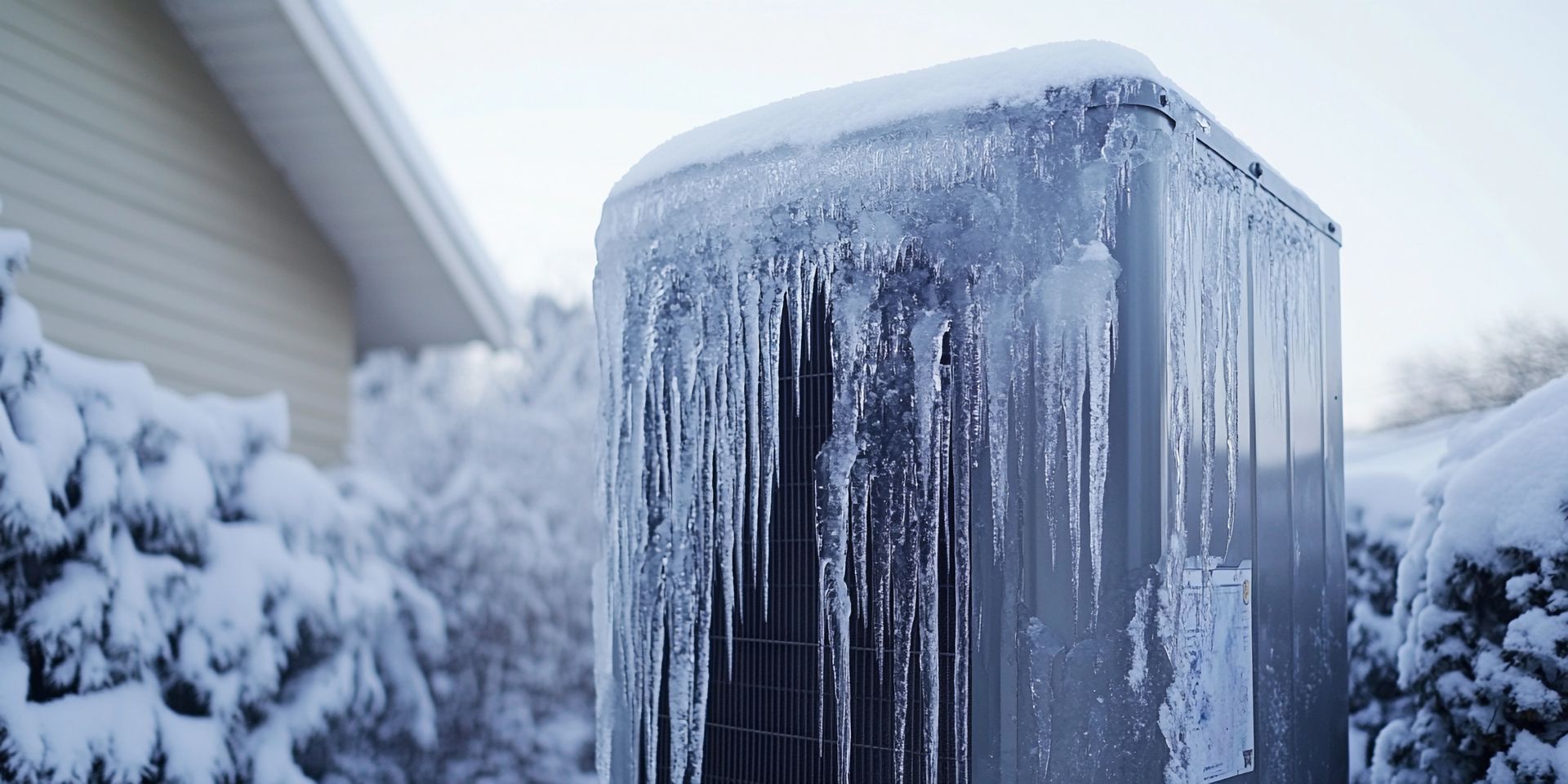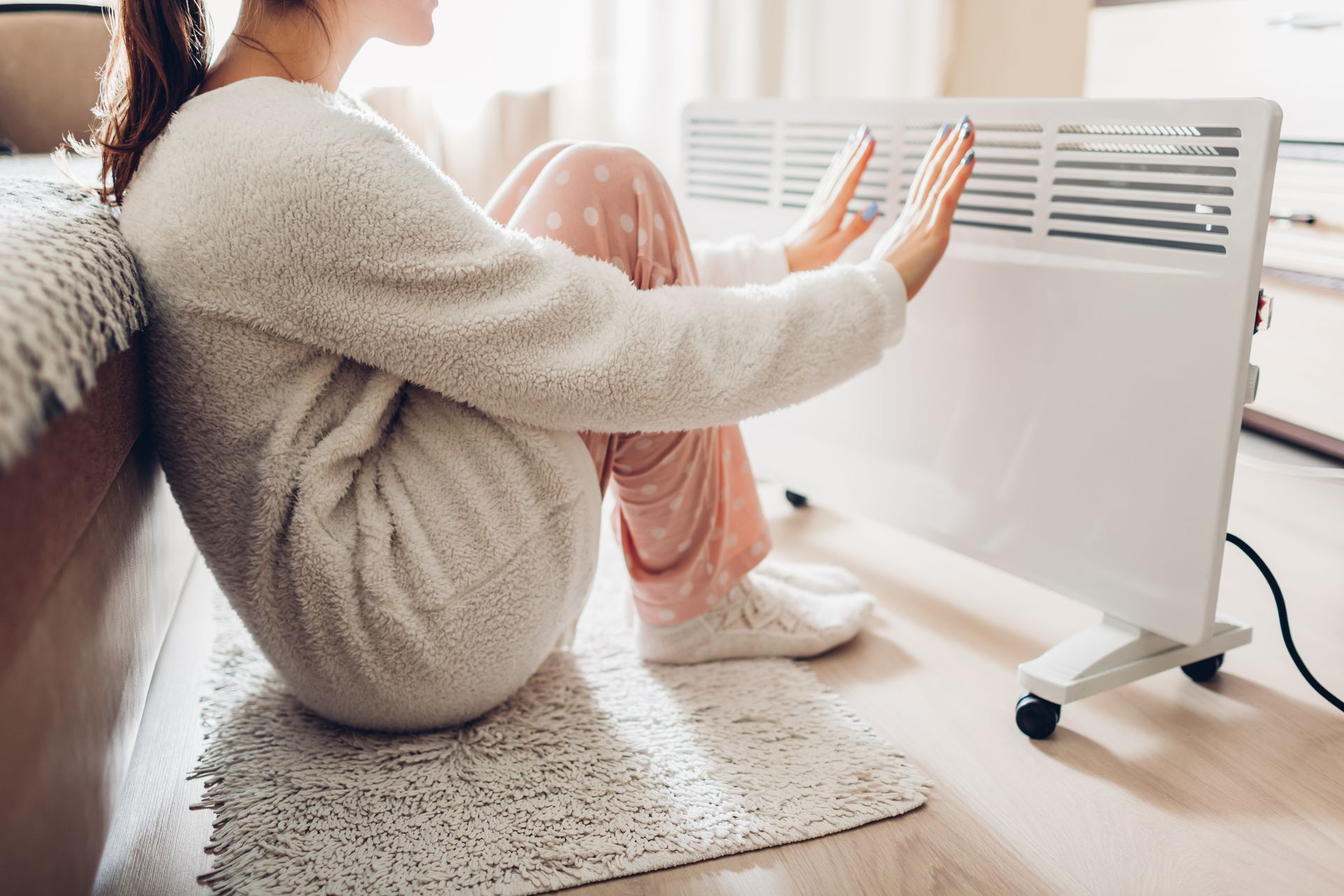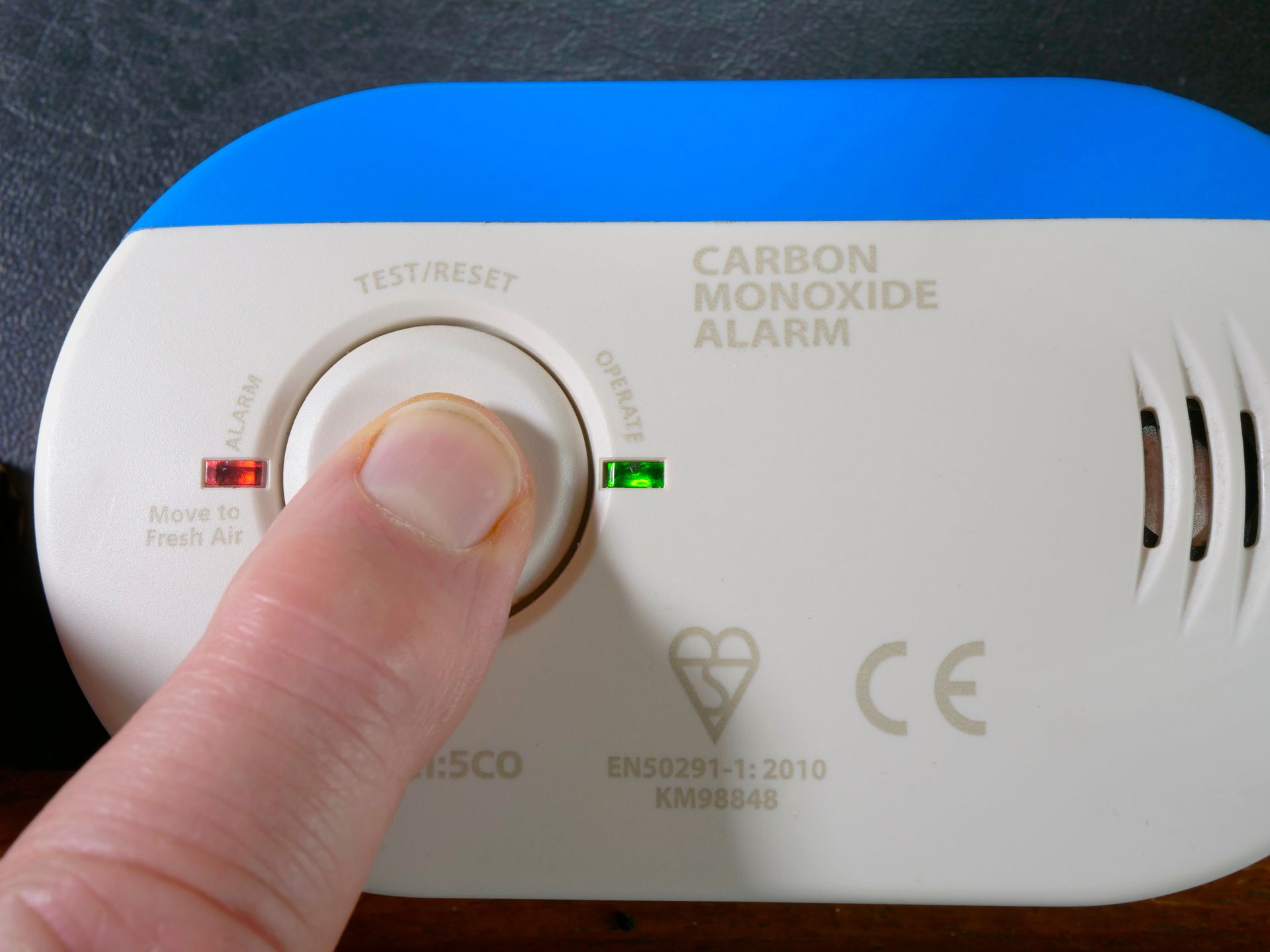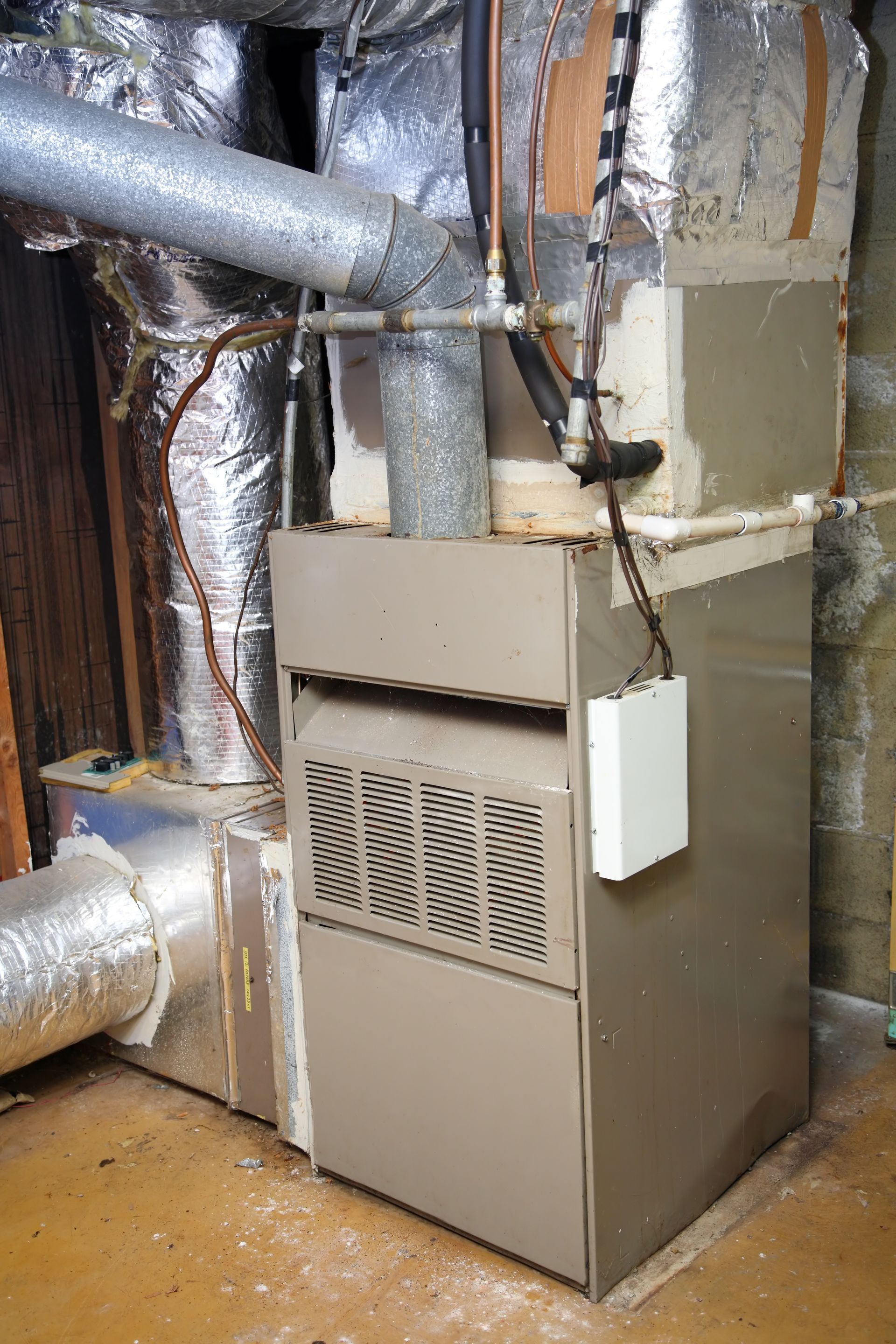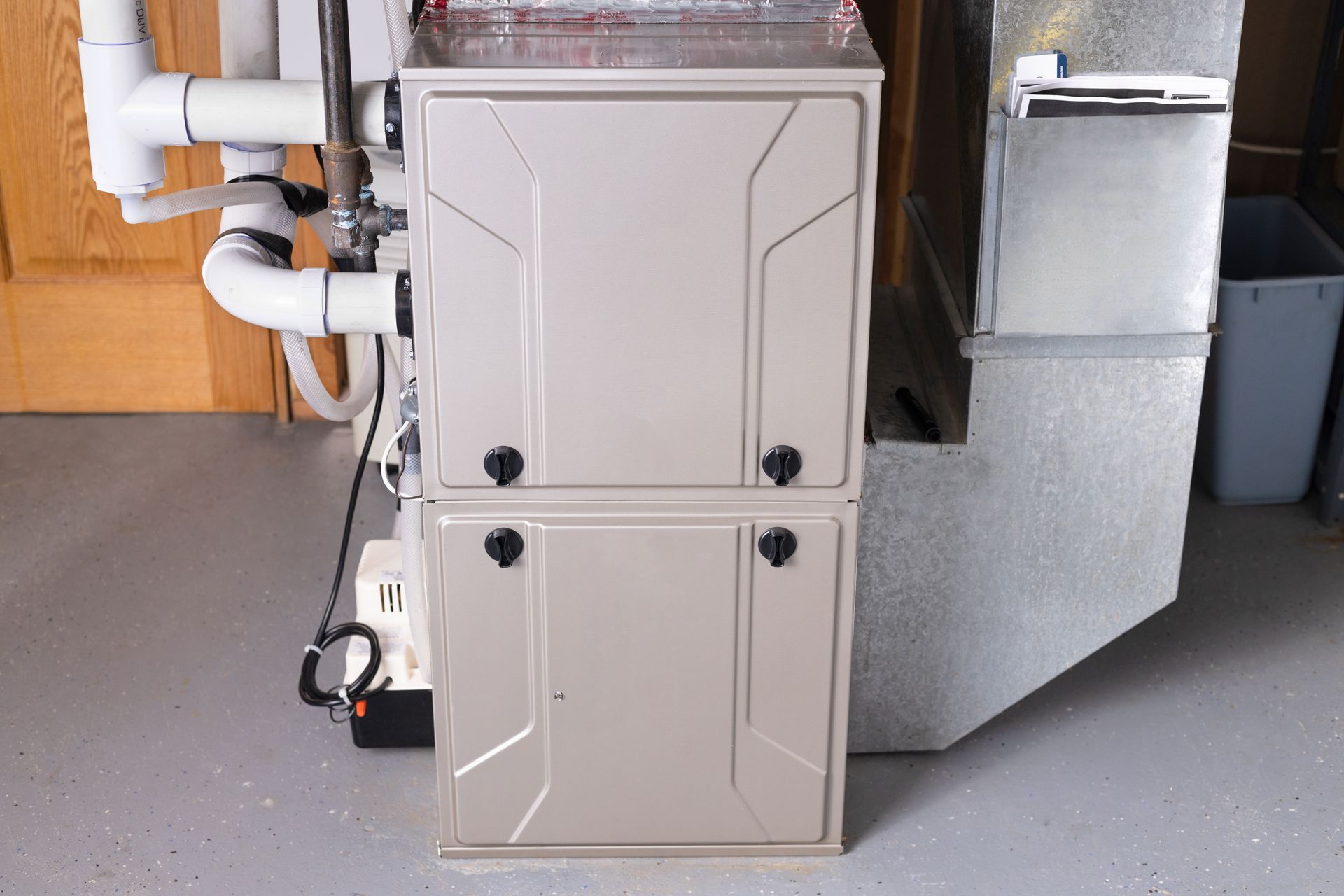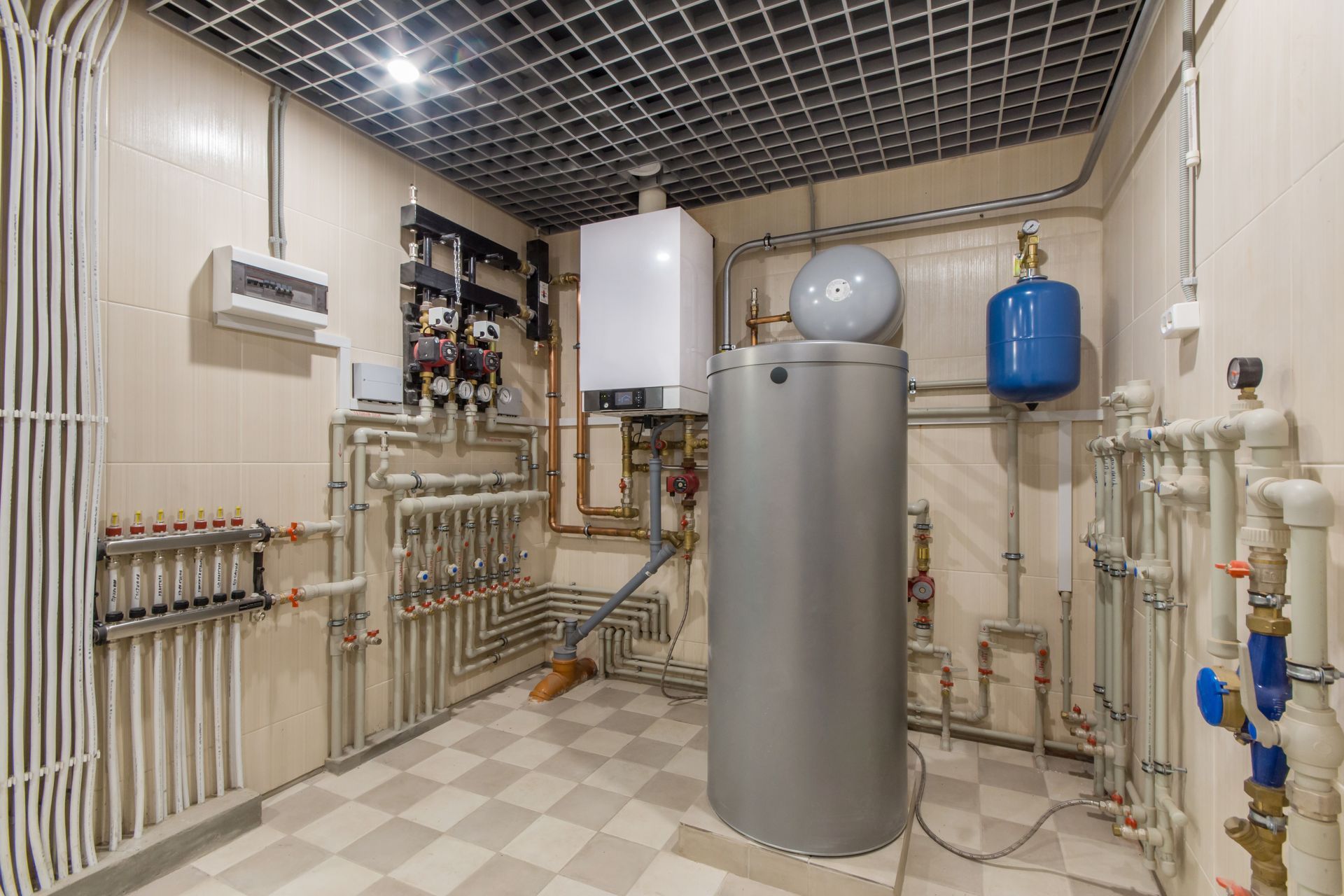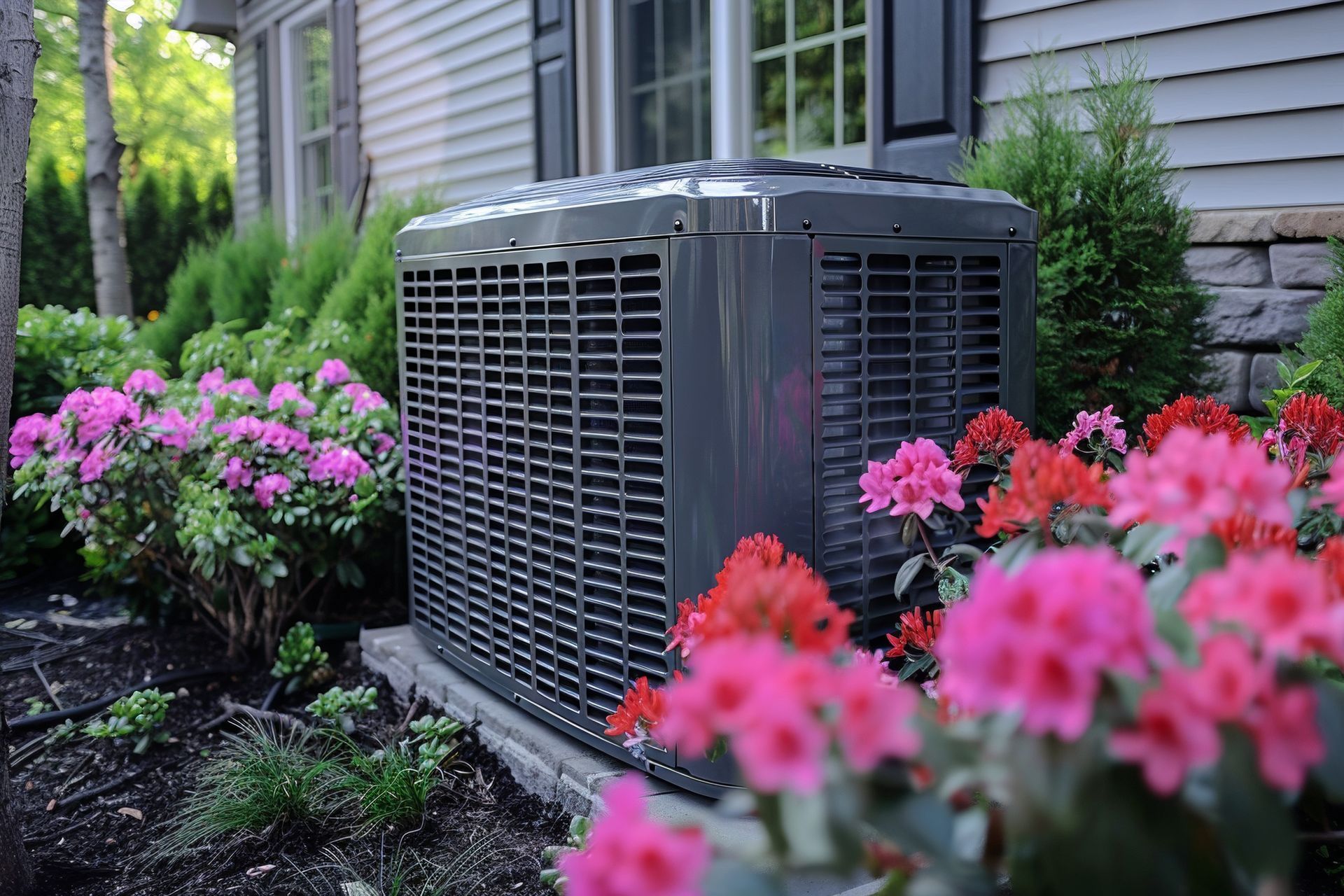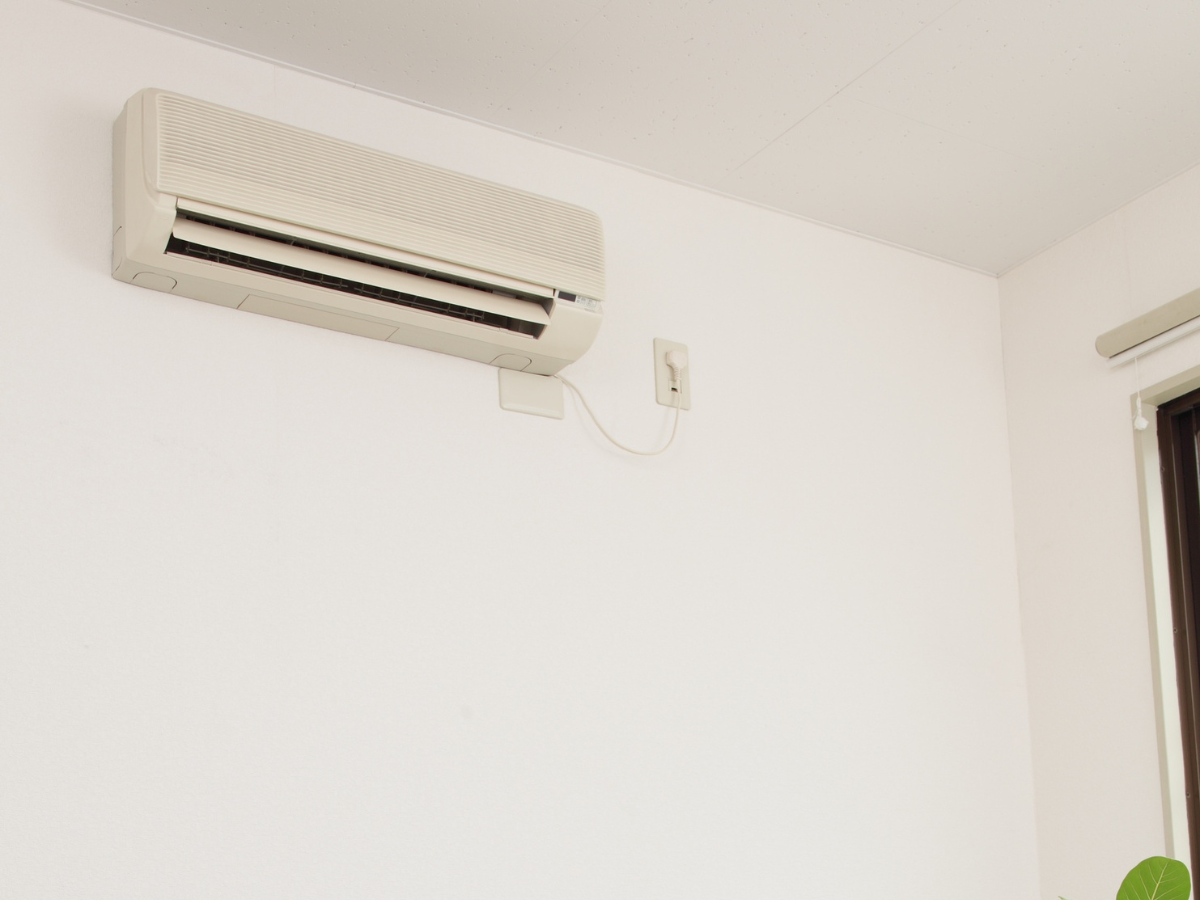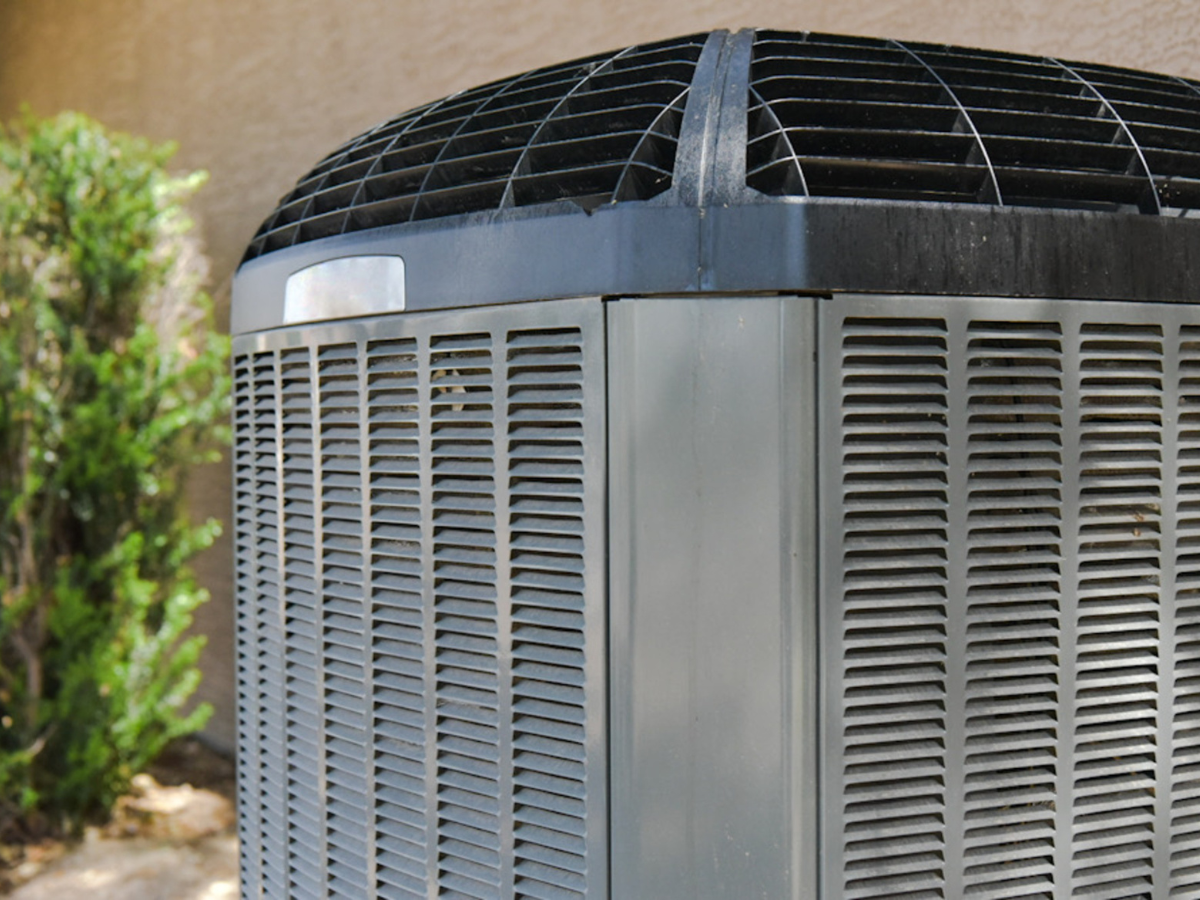Can Humidity Levels Affect HVAC Performance?
Maintaining the right humidity levels in your home is essential for comfort, energy efficiency, and the longevity of your HVAC system. Many homeowners overlook how humidity can impact heating, cooling, and overall indoor air quality. Understanding this relationship can help you optimize your system’s performance and prevent unnecessary repairs.
How High Humidity Affects Your HVAC System
Excess moisture in the air can make your air conditioner work harder than necessary. When humidity levels are too high:
- Your AC unit struggles to remove moisture efficiently, causing it to run longer.
- Energy consumption increases, leading to higher utility bills.
- Components like coils and ductwork may experience premature wear due to excess moisture.
- Indoor comfort decreases, even if your thermostat is set correctly.
By controlling humidity, your HVAC system can operate more efficiently and maintain consistent indoor comfort.
How Low Humidity Impacts Heating Systems
Low humidity levels during colder months can also affect your heating system:
- Dry air can make your home feel cooler, prompting your furnace or heat pump to run longer.
- Wooden furniture and flooring may crack due to dryness.
- Static electricity and dry skin become more common, impacting overall comfort.
Maintaining balanced humidity ensures your furnace, heat pump, or boiler operates efficiently without overworking.
Tools to Manage Humidity
Proper humidity control involves a combination of tools and strategies:
- Whole-home humidifiers and dehumidifiers integrated with your HVAC system.
- Portable units for specific rooms with high or low moisture levels.
- Regular maintenance of air filters, coils, and ventilation to prevent moisture buildup.
- Smart thermostats with humidity sensors to automatically adjust settings for optimal comfort.
Why Proper Humidity Management Matters
Balancing humidity not only improves comfort but also protects your HVAC investment. Homes with proper humidity control experience:
- Improved energy efficiency.
- Longer lifespan of HVAC components.
- Enhanced indoor air quality and comfort.
- Reduced risk of mold and mildew growth.
At Nauman Inc., we specialize in helping homeowners maintain efficient, reliable HVAC systems that perform optimally in all seasons.
Conclusion
Managing humidity levels is a key part of optimizing your HVAC system. Proper control can lower energy costs, extend the life of your system, and keep your home comfortable year-round. Schedule a professional inspection with Nauman Inc. to ensure your heating and cooling systems are prepared to handle any humidity level.
Contact Nauman Inc. today for expert guidance on HVAC performance, humidity management, and system maintenance.

